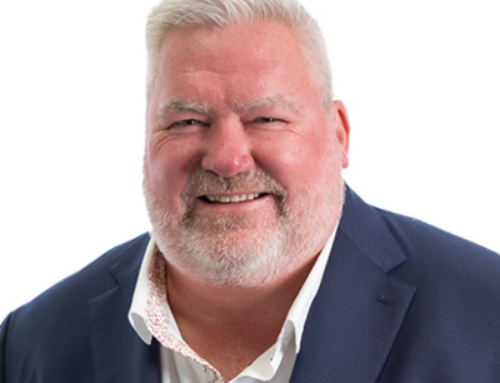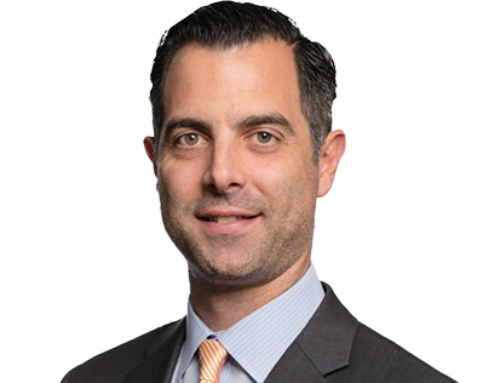Why acoustics?
I fell into it, in a way, by getting a summer job at NDY, and finding that I really liked it.
I’ve always enjoyed the different things we get to do in acoustics – sometimes it can be really technical, with a complex vibration analysis or an acoustic model to get stuck into. Other times, it’s very collaborative, and I enjoy working with architects and other engineers to bring our different expertise to a problem and come up with a solution that meets all the project requirements.
We get to leave the office and go to site often too, to test our solutions and make sure that spaces are working as they’re designed. The variety of the different parts of the job is what keeps me interested.
What’s an acoustics myth you’d like to debunk?
That quieter is always better. Sounds can be acceptable or unacceptable depending on the location, the time, the person hearing the sound, the activity or event happening – it’s hugely subjective.
Often, a little bit of unobtrusive background noise can be very useful to mask out other sounds which we don’t want to hear. If you ever get the opportunity to go into a highly sound-isolated anechoic chamber it can be quite an unnerving experience – your breath, heartbeat, and any ringing in your ears all become clearly audible.
What do you do outside of work that helps fuel your creativity and commitment to acoustics?
I’ve always enjoyed playing and performing music, which is a relaxing creative outlet, and also gives me an appreciation of how the acoustics influence some of the spaces we design. I’ve played a lot of baroque music on recorder which has put me in a lot of churches and acoustic venues in Auckland and Melbourne. I’ve been able to combine music and work a couple of times, when we put together an NDY+friends band a few years ago for Construction Rocks, and again recently when we played at our end of year function.
What’s the biggest thing you’ve learned at NDY?
This feels like a cliché answer, but at NDY I’ve seen the way different people can use their unique strengths and talents to be successful. You can learn from and take inspiration from the strengths you see in other people, but ultimately everyone develops their own skill set, style and role.
What professional relationships do you value the most?
I really value working with project teams, especially on large projects where we’re working together over a long period of time, and we get to build our professional relationships as we design the project together.
Within NDY, I really value the friendships in the group of acoustic engineers we have across our whole team – I’ve worked with a lot of our team for many years, and it’s great to be able to pick up the phone to people in different countries with different experience and skills to share what we know.
What does Making Spaces Work mean to you?
When NDY first adopted the phrase Making Spaces Work as our purpose, it immediately resonated with me. We get to join the design team of great buildings, and help make these spaces work.
And I don’t mean just making them work in the technical sense of keeping them quiet or making them private, but also making them work for our client and their occupants as well as making them work as a sustainable part of our future built environment.










